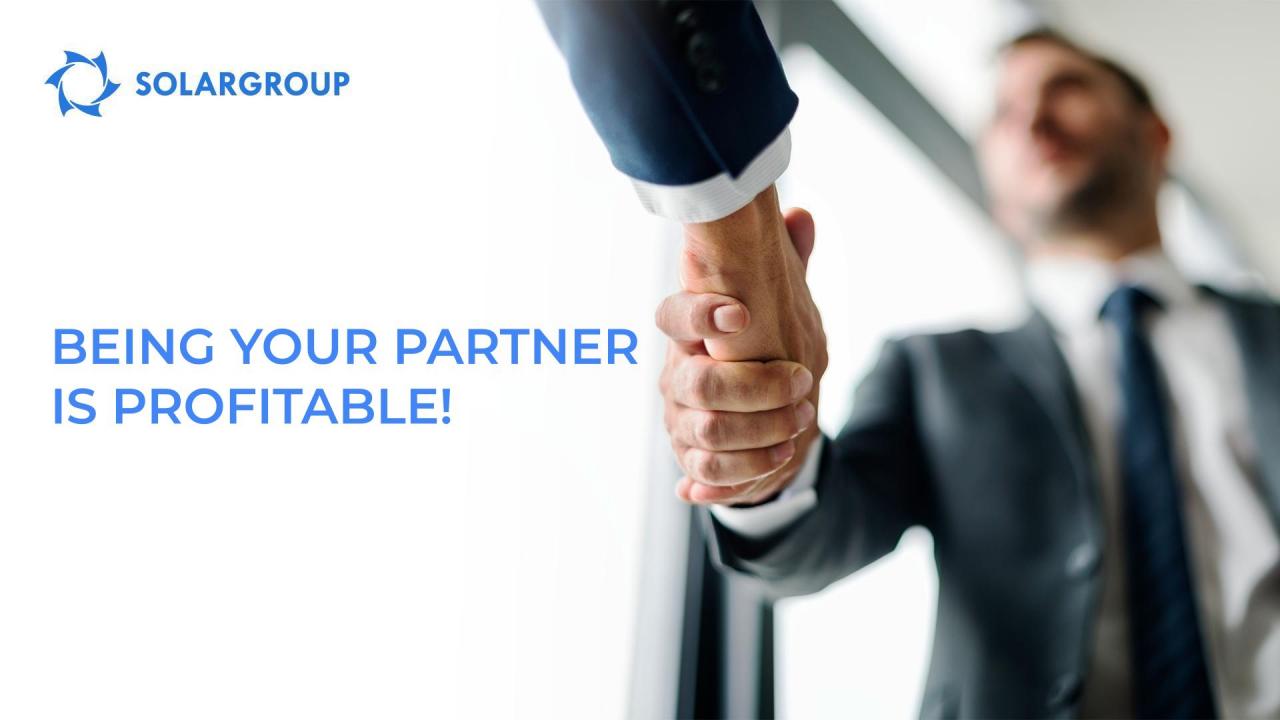
How people participate in partner programs without knowing it
Everyone who gets acquainted with the capacities of SOLARGROUP asks: "What is a partner program? I've never been a partner of any company and I don't know how it works."
And this is an incorrect assumption. Any of us has been a partner of companies, stores, brands and banks. And we might be one right now.
You wear clothes, buy food in shops or cafes, use banking and other services, share your impressions of a movie or book with friends – and promote them. Whenever you mention or post a photo somewhere on social media. "Where did you buy your smartphone? Where did you go to celebrate your birthday? What perfume do you wear? What book are you reading?" - Have you answered similar questions? It means you've been an information partner.
In the theory of modern marketing there is a concept of outbound marketing. Information partnership is an integral part of it. The principle consists in people mutually sharing information about their goods or services. For example, Maria creates customized jewelry, and Victor repairs furniture. They agreed that Maria would show the renovated furniture on her Facebook page and tell about Victor's work, and Victor would show the jewelry that he'd given to his wife and tell how pleased he was with ordering from Maria.
Maria and Victor agreed to exchange information, they mutually benefited each other. And how many times have we all shared information about goods or services without getting anything in return? We acted as information partners of the brand, but the brand did not pay us back.
Many companies and banks have already realized what a powerful tool it is, and pay users for the promotion of their products and services. At the very least, you have already been exposed to this marketing tool or even used it. For example, when you were issued a bank card, you could see an offer: share a referral link – and get a percentage for everyone who buys a card from this bank using your link. Or you ordered something online, and you were immediately offered: bring a friend – and get a percentage of their purchase, bring a friend – and get a gift. They don't promise you a lot of money, they don't guarantee anything, but - you must agree - it's nice to get extra money or a gift just like that. You do not need to believe that this particular bank or product is the best, you've simply realized that it is profitable to be friends with this company.
And how many times have you talked about other people's initiatives because you were impressed by their social importance? For example, they put bins in your neighborhood for separate garbage collection. You say to someone, "Wow, they've put bins for separate garbage collection, what a great job, now everyone has the opportunity to take care of the environment a little bit."
So, whoever you are, you know what a partner program is. But:
- unlike information partnership, there is no risk that you will not get a profit, because there is a partnership agreement and a direct commercial goal
- unlike bank referral links, this is not a one-off reward: you get income every time someone who has registered using your link performs a relevant activity - purchases shares or finds an investor
- unlike a store where you bring a friend because you just get a bonus, here you can be sure that you are raising awareness of a project that will benefit the environment and many people
Partnership is a team. This means changing something for the better together, and not just promoting a product or service. And it's especially nice to get a guaranteed benefit for it.

